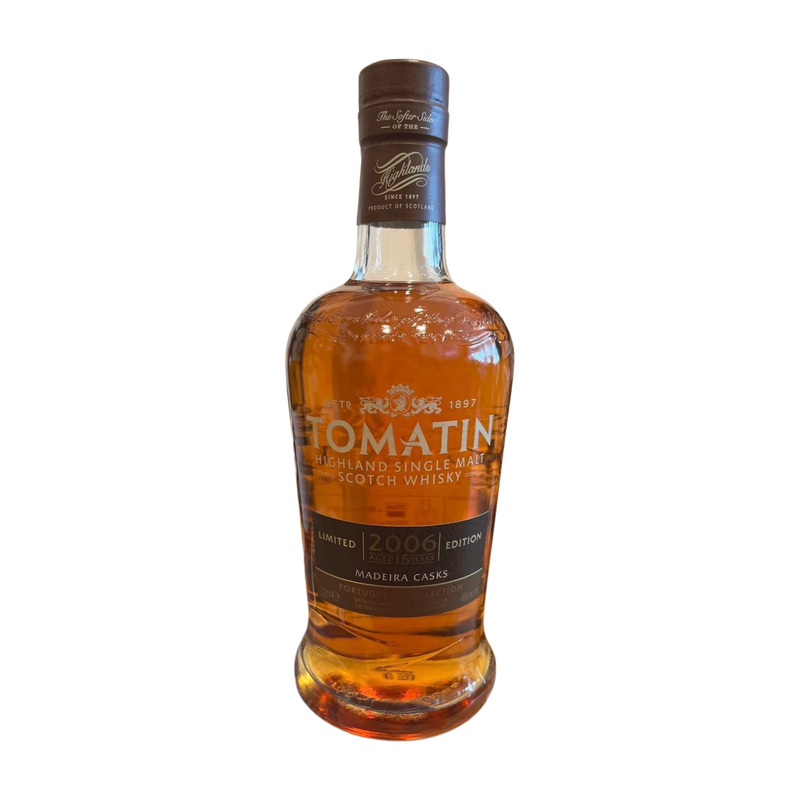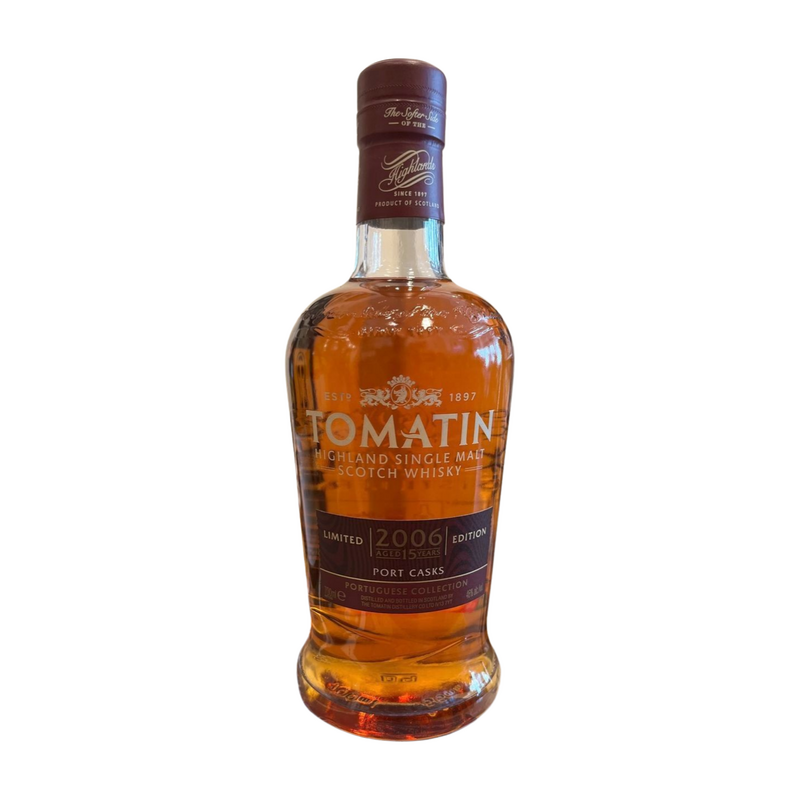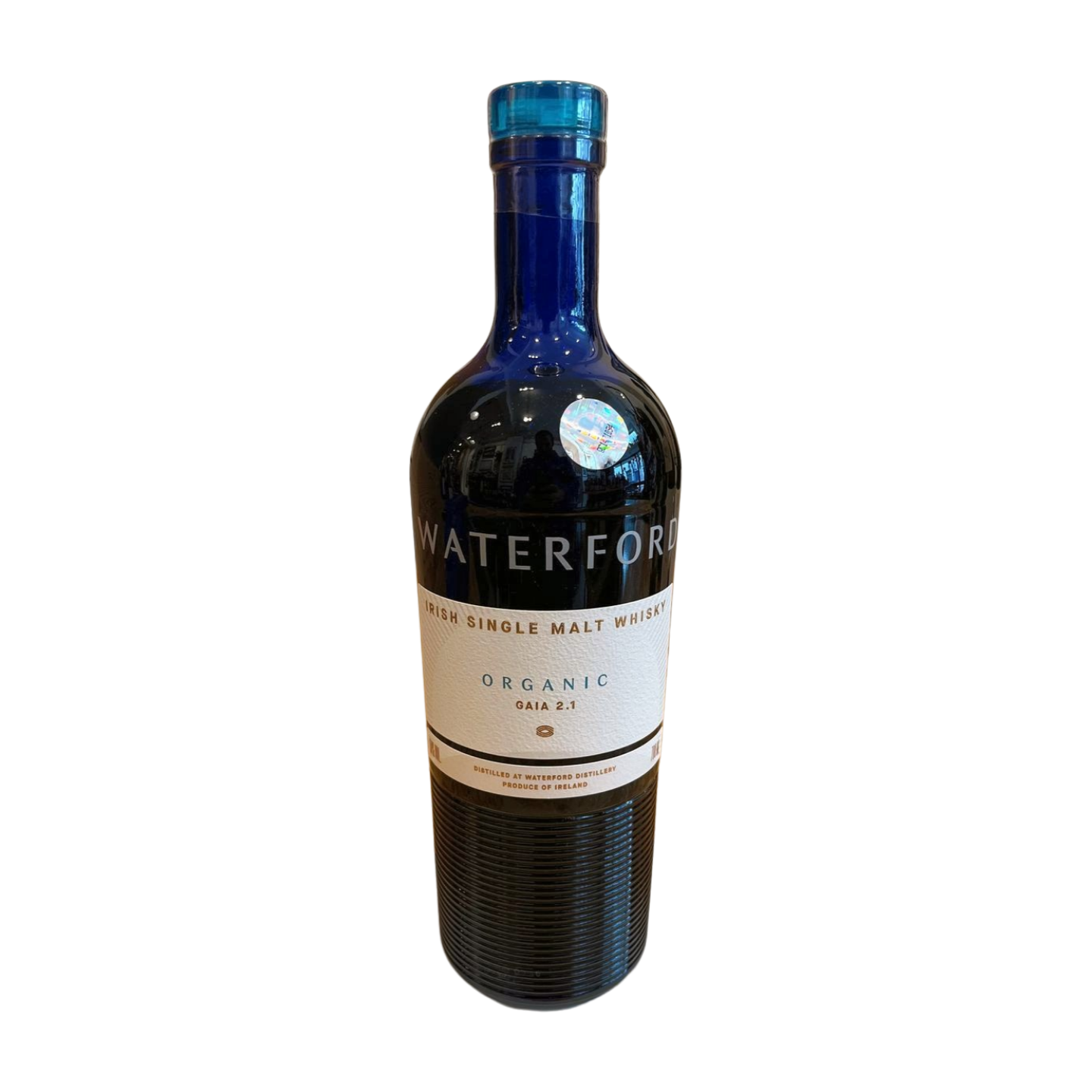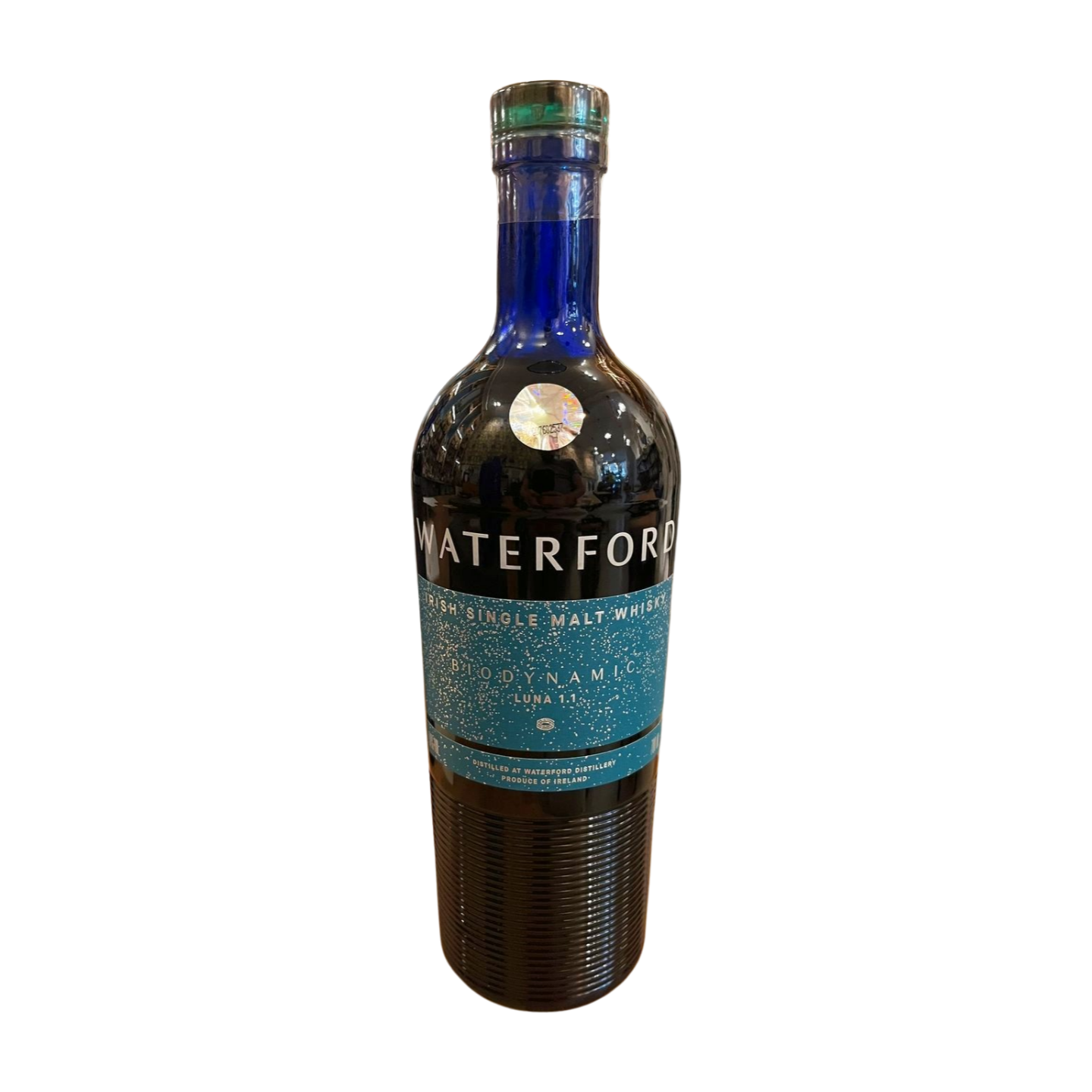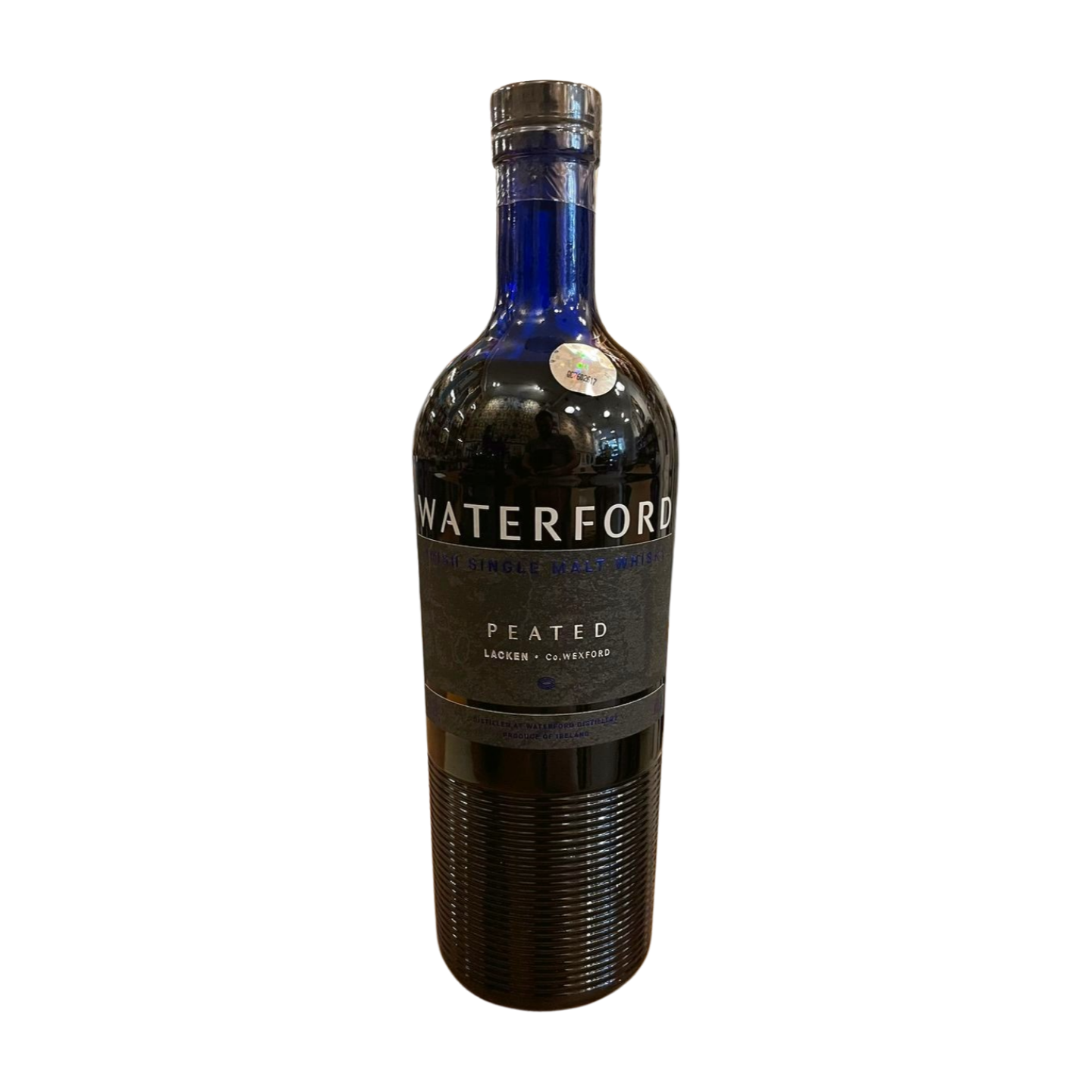Whiskey
Whiskey distillation is a meticulous process that begins with malting, where barley is moistened to initiate germination, producing enzymes that convert starches to sugars. This germination is halted by drying the barley through heating. The next step is mashing, where the malted barley is mixed with hot water to extract the sugars, resulting in a porridge-like mixture called mash.
Fermentation follows, where the mash is combined with yeast in large vats, known as washbacks. The yeast consumes the sugars, converting them into alcohol over a period of 48 to 96 hours, producing a liquid called wash with an alcohol content of around 7-10% ABV.
Distillation then increases the alcohol content and refines the liquid. This process typically involves two types of stills: pot stills and column stills. In pot still distillation, the wash is heated in a wash still, separating the alcohol from water and other residues. The resulting low wines, with about 20% alcohol, are distilled again in a spirit still. The distillate is divided into three parts: foreshots, heart, and feints. Only the heart, containing about 68% alcohol, is collected for maturation.
Column stills, often used for grain whiskies, operate continuously. The wash enters at the top and descends through a series of plates, interacting with rising steam. This process separates the alcohol from other components, resulting in a high-proof spirit, sometimes up to 95% ABV.
The distilled spirit is then matured in oak barrels, where it gains flavor, smoothness, and its golden color. The aging process, which must last at least three years for Scotch whisky, allows the spirit to develop complex characteristics. The whisky is then bottled at a minimum of 40% ABV, often after blending different barrels to achieve a consistent flavor profile.
The history of whiskey dates back centuries, with early distillation techniques known to the Egyptians for perfume production. However, it was not until the Middle Ages that Celtic monks in Scotland and Ireland began distilling alcohol. Over time, whiskey production evolved, incorporating local grains and unique processes, leading to the diverse range of whiskies enjoyed today.
Filters
Portuguese wine
Frequently asked questions
The entire country of Portugal is divided into 14 different wine regions, including in the Azores and Madeira islands. Some of Portugal's most famous winemaking regions include the Douro Valley (known for Port) and Vinho Verde (known for its light, refreshing white wines).
Portugal is becoming more well known for its orange wines, talha wines (traditionally made in clay pots), and palhete (made by blending red and white grapes together).
Portugal is best known for its fortified wine, called Port wine. It is produced in the Douro Valley, which is a UNESCO World Heritage Site and recognized as the world's first demarcated wine region, established in 1756.
Vinho Verde in northern Portugal is another popular winemaking region characterized by rolling hills and lush landscapes. It's known around the world for low-alcohol, refreshing white wines, although the region traditionally focused more on red wines made with the fruit-forward vinhão grape.
The Portuguese island of Madeira, with its subtropical climate, is renowned for its fortified wines. Winemaking here dates back to the 15th century, when Portuguese
explorers brought grape varieties from around the world.
Our sustainable, natural wine shop is located in the Marquês neighborhood in Porto, Portugal. We also ship to countries around the world, including within Europe, the United States, Canada, Australia, China, and more. Review our Shipping Policy to learn more.
In recent years, there has been a notable shift toward sustainable viticulture and the production of natural wine in Portugal. Many winemakers are implementing organic farming practices and embracing biodiversity to maintain soil health and reduce chemical inputs. This commitment to sustainability is not only beneficial for the environment but also enhances the quality of the wines, allowing the unique characteristics of the terroir to shine through. For example, some winemakers are now utilizing ancient terracotta amphorae for fermentation (called talha in Portuguese). This method preserves regional cultural heritage, enhances the wine's character, and aligns with sustainable practices by reducing reliance on modern materials.

